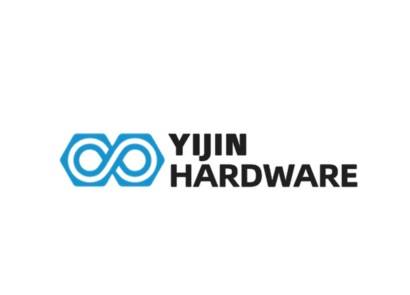Description
CNC machining Ultem involves the precision cutting and shaping of polyetherimide (PEI) thermoplastic using computer-controlled machine tools. Ultem, a high-performance engineering plastic with a glass transition temperature of 217°C and tensile strength exceeding 13,000 psi, requires specialized machining parameters including cutting speeds of 250-500 rpm and careful temperature management to prevent stress cracking and achieve optimal surface finishes.
At Yijin Hardware, we've perfected the art of CNC machining Ultem for clients across aerospace, medical, automotive, and electronics industries. This comprehensive guide reveals everything you need to know about machining this remarkable material, from fundamental properties to advanced techniques that ensure consistent, high-quality results.
What Makes Ultem Different from Other Engineering Plastics?
Ultem stands apart from conventional engineering plastics through its unique molecular structure and exceptional performance characteristics. As a polyetherimide (PEI) with the molecular formula C₃₇H₂₄O₆N₂, Ultem demonstrates remarkable thermal stability, maintaining rigidity at temperatures up to 200°C while exhibiting superior chemical resistance compared to most amorphous thermoplastics.
Key Distinguishing Properties:
- Thermal Performance: Glass transition temperature of 217°C (422°F), significantly higher than most engineering plastics
- Mechanical Strength: Tensile strength yield of 90-110 MPa with elongation at break of 60-80%
- Chemical Resistance: Outstanding resistance to acids, oils, fats, and alcohols
- Electrical Properties: Exceptional dielectric strength with stable performance across wide frequency ranges
- Density: 1.27 g/cm³ (0.046 lb/in³), providing excellent strength-to-weight ratio
Originally developed by General Electric's research team in the early 1970s and commercialized in 1982, Ultem represents a specific brand of PEI now manufactured by SABIC. The relationship is straightforward: all Ultem is PEI, but not all PEI is Ultem, making it a premium variant with consistent quality standards.
Why Is Ultem Challenging to Machine?
Ultem presents unique machining challenges that distinguish it from both metals and conventional plastics. The material's amorphous structure and thermal properties create specific requirements for successful CNC operations.
Primary Machining Challenges:
Heat Sensitivity: Despite its high glass transition temperature, Ultem generates significant heat during cutting operations. Excessive heat buildup can cause material degradation, warping, and stress cracking that may not appear until parts reach end users.
Stress Cracking Susceptibility: Ultem is particularly vulnerable to environmental stress cracking, especially when exposed to chlorinated solvents or petroleum-based coolants. This delayed failure mechanism makes coolant selection critical.
Tool Wear Considerations: Glass-filled Ultem variants contain abrasive glass fibers that accelerate tool wear, requiring harder cutting tools and modified machining parameters.
Dimensional Stability: While Ultem offers excellent dimensional stability in service, internal stresses from machining can cause post-processing dimensional changes without proper stress relief procedures.
Notch Sensitivity: Glass-reinforced grades exhibit increased notch sensitivity, making precise drilling and edge finishing operations more critical for part integrity.
Find Us:
https://yijinsolutionusa.wordpress.com/2025/06/03/how-to-identify-trusted-metal-bending-providers/
http://www.nim33225.nimbosite.com.au/
https://colab.research.google.com/drive/1KBZIpjmzWi4UM2S7rwwAih7530SpCHoF#scrollTo=ybfsvzfEqTkf
https://sites.google.com/view/howplasmacuttingqualityaffects/home
https://yijinsolutionusa.jimdofree.com/
https://wakelet.com/wake/hCTjYgrjwKy-W13AnW3t0
